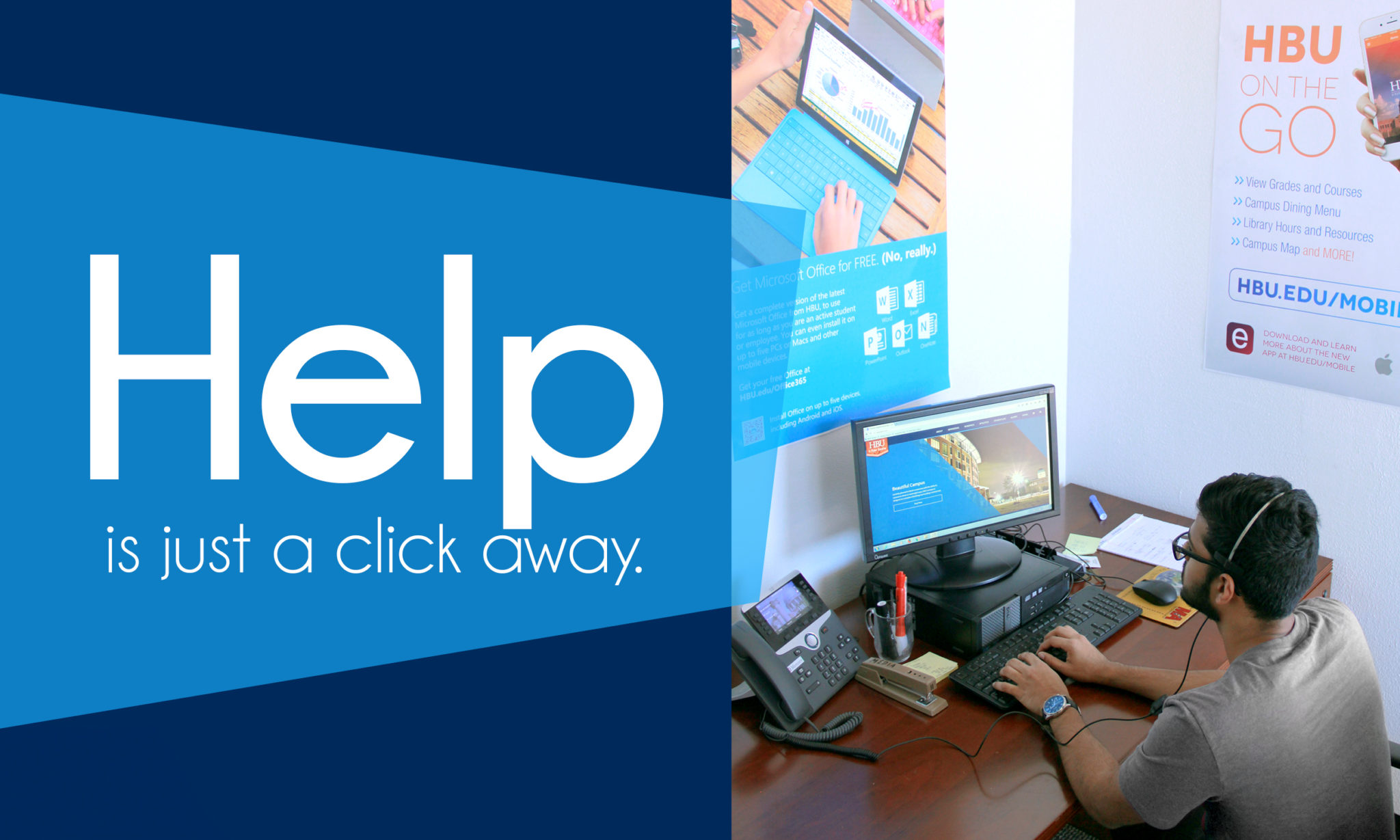Does the Help desk Really Help?

Help desk generally refers to a person sitting at a desk with a telephone in hand, explaining an answer to the person on the other end. Most of the time the help desk applies to technical issues with computers and networks
The help desk process would depend on how many people would participate in the task or organization. A small help desk with one or two people would operate differently than one where you have many people who could respond the inquiries. In a two person shop, both help desk professionals would have the same or nearly the same expertise in the matters people would call about. In a bigger organization the professionals would be grouped as to their skill levels and would be part of an expertise level.
How would be want our help desk to be? Software is the real key because without it, there would be no connection that would be fast enough to address the requests that filter in. With the internet being so evolved, the help desk software can come in many varieties. You have software that has a chat client for your web site so that you can interact directly with the customer and a ticket system where the customer fills out a form and e-mails you the question.
No matter which help desk software you have, you have a single point of contact for the customer. If you have a very large company, imagine the type of help desk would provide entry for tickets that staff would research on and send an e-mail giving the answer to the question. A smaller company may have web chat feature where there is a person on the other end of the chat to help solve the problem by typing questions and answers.
Another part of the help desk is a database full of knowledge. They call this the Knowledge base. The format is similar to the FAQ (Frequently Asked Questions). Here the customer types in what they want to know and the knowledge base will give an answer. Another use of the knowledge base is for the help desk professional. If the professional doesn't know the answer, they can search for it through the knowledge base. Help desk can be combined with on-site support. If the customer can not find a resolution using the knowledge base or with the professional, on-site support can be scheduled. This would call for complex issues that the web help desk can not solve.
The help desk can be manned by many people who have a computer, internet connection and be able to work different hours of the day and night. By running the help desk 24/7 you guarantee the customer that problems with their product can be solved, no matter what time of day or night it is. You can also create groups of people with expertise that fit the group. So, if the 1st group can’t solve the problem, the professional can refer the caller up the group line with hopes their expertise will come up with the needed answer.
The internet help desk is a pretty neat system when you can get all the components together to function as one. There are many possibilities that can happen with the help desk. This is something worth exploring.
Help Desk On Demand Service...Read More
Help Desk Productivity...Read More
Back Office Fields
- Telemarketing
- Book Keeping
- Data Entry
- Virtual Assistant
- Transcripting
- Call Center Agents
- Email Chat and Support
- Help Desk
- Human Resources
- Proof Reading
IT Fields
- C++
- SQL
- Vb.net
- Web Design
- C#
- Asp.net
- Website Developer
- Java
- I.T Support
- Dreamweaver
General Fields
- Marketing
- SEO Internet Accounting
- Social Networking
- Blogging & Forums
- PPC Internet Marketers
- Technical Support
- Financial Analyst
- Advertising
- and many more...
- Please enquire
